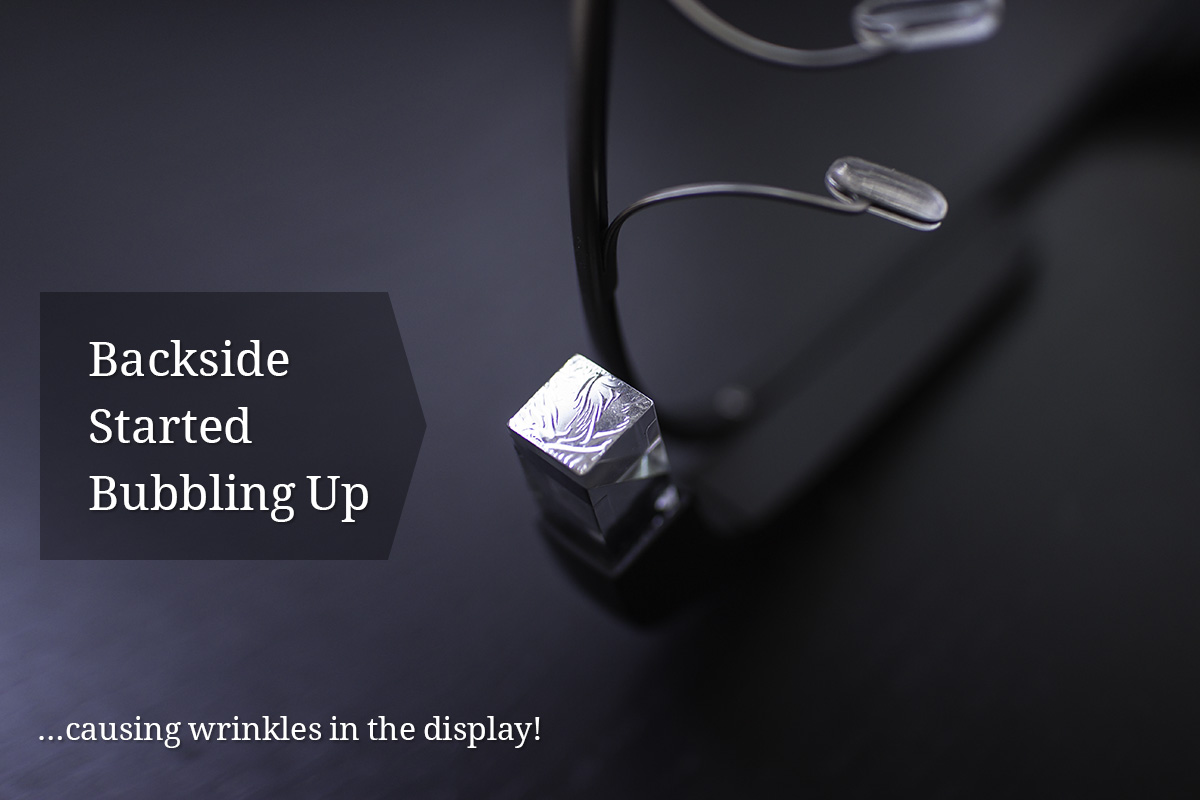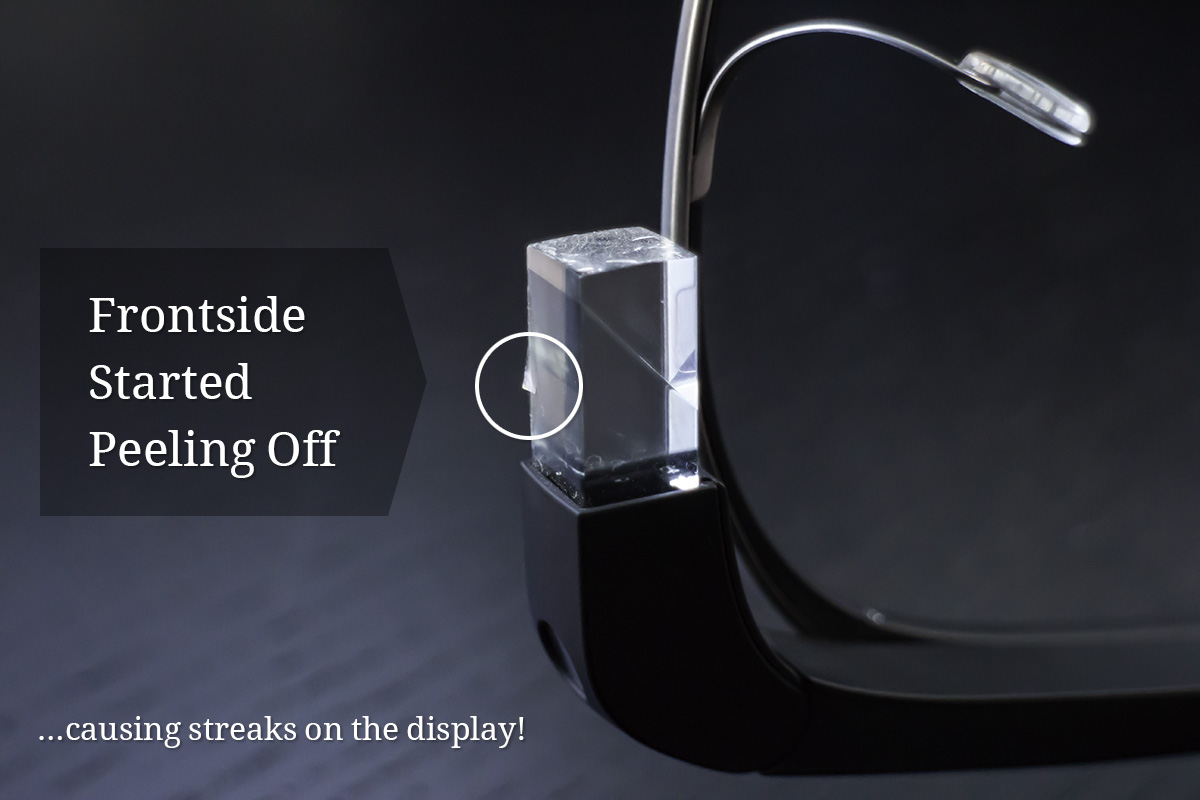Google Glass Review: Wearable Computing Requires Durable Hardware
I applied for the Explorer Program with the intention to take Google Glass on a one-week cycling trip down the California coastline. I did.
Following is a detailed report on my cycling trip with Google Glass. If you want to skip the full post, here is a quick summary:
Google Glass produced fantastic photos and videos, but the hardware did not survive the cycling trip and required replacement after one week.
Testing Conditions
The weather conditions during my ride were bright and sunny with the occasional morning fog.
- No rain during the entire week
- Clear and sunny during the daytime
- Occasional fog during the morning hours
- Temperatures between 50-80F
- Google Glass hardware did not get exposed to any liquids or chemicals
- Google Glass used extensively for multiple hours a day
- Cycling between 4-8 hours/day with ride out at 6:30am
For reference, here are my Google Glass photos on Google+ and Flickr. The set on Flickr includes all raw photos and videos.
Google Glass Hardware Issues
- Unable to power off device manually after draining the battery
- Silver foil on projector backside bubbling up, causing the projected screen to appear wrinkly
- Clear foil on projector frontside peeling off, causing the projected screen to have streaks
- Unable to perform a hard (factory) reset at the end of the week
- Deleted media (via USB) would remain on the device according to the storage settings and timeline cards
Breakdown by Day
Sunday: Unable to Power Off Device Manually
On day one of the ride, I drained the battery after just two hours of sporadic camera activity. The battery died in the middle of recording a video, causing the device to power off automatically.
After that incident, the device could no longer be powered off manually (tweet). I was still able to charge and use the device.
Since I did not have an external backup of the videos and photos at that time, I did not attempt to perform a hard reset to see if that would fix the power issue.
Monday, Tuesday & Wednesday: Device Not in Use
I didn’t use the device at all on these days due to the power/battery issues.
With limited access to power outlets at the overnight camp sites, I initially was charging Glass in the evening hours. However, since I could no longer shut down the device manually, the battery would be depleted again in the morning.
Later in the week, I worked around this issue by getting up extra early to charge the device in the morning before ride out. This wasn’t ideal, but it allowed me to continue to use Google Glass as intended for the remaining days.
Thursday: Everything Worked Fine
This was a short day, and I managed to shoot many great photos and videos during the ride. To avoid another battery drain, I used a backup battery pack during the day.
Friday: Projector Backside Bubbling Up
I used Glass to shoot some videos and photos in the morning. Around noon, I noticed the silver foil on the backside of the projector bubbling up. The silver foil provides a solid flat surface for the projector. A wrinkled foil means a wrinkled display :(
Here is a photo of the wrinkled silver foil:

And here is what the silver foil looks on a new set of Glass.
This is a major flaw in the hardware design. Considering that Glass is marketed as wearable computing, the device needs to be durable under reasonable weather conditions.
I consider cycling and daily morning commutes to be a common use case for Google Glass. Especially in major tech cities such as San Francisco, New York or Los Angeles.
When Sergey Brin introduced Glass, Google even featured extreme sports ranging from Sky Diving, Snowboarding, and Mountain Biking in their video.
Saturday: Projector Frontside Peeling Off
After arrival in Los Angeles, the front side of the projector started peeling off. This caused additional artifacts on the projected display. Here is a close up of the defect:

Back Home: Unable to Perform Hard-Reset
I backed up all the media via USB cable before attempting a hard reset to fix the power issues. At this point, the device wouldn’t even perform a factory reset any longer.
Conclusion
The Glass hardware is much more fragile than anticipated for something that is positioned as wearable computing.
I am not sure how final the hardware is at this stage, but for wearable computing to be practical, it requires reliable technology that is weather resistant.
Particularly for people with prescription lenses who would want to use the Glass hardware as their primary (eyewear) frame. It would be impractical for them to take off Glass in direct sunlight, fog or even rain to avoid any weather impact.
If you are part of the Glass Explorer program, be extra careful with the silver and plastic foil on the prism projector. Any scratches or damage through weather conditions will impact the quality of the projected screen.
The Google Glass support team has been very helpful and accommodating throughout this test period. Thank you!
← Back